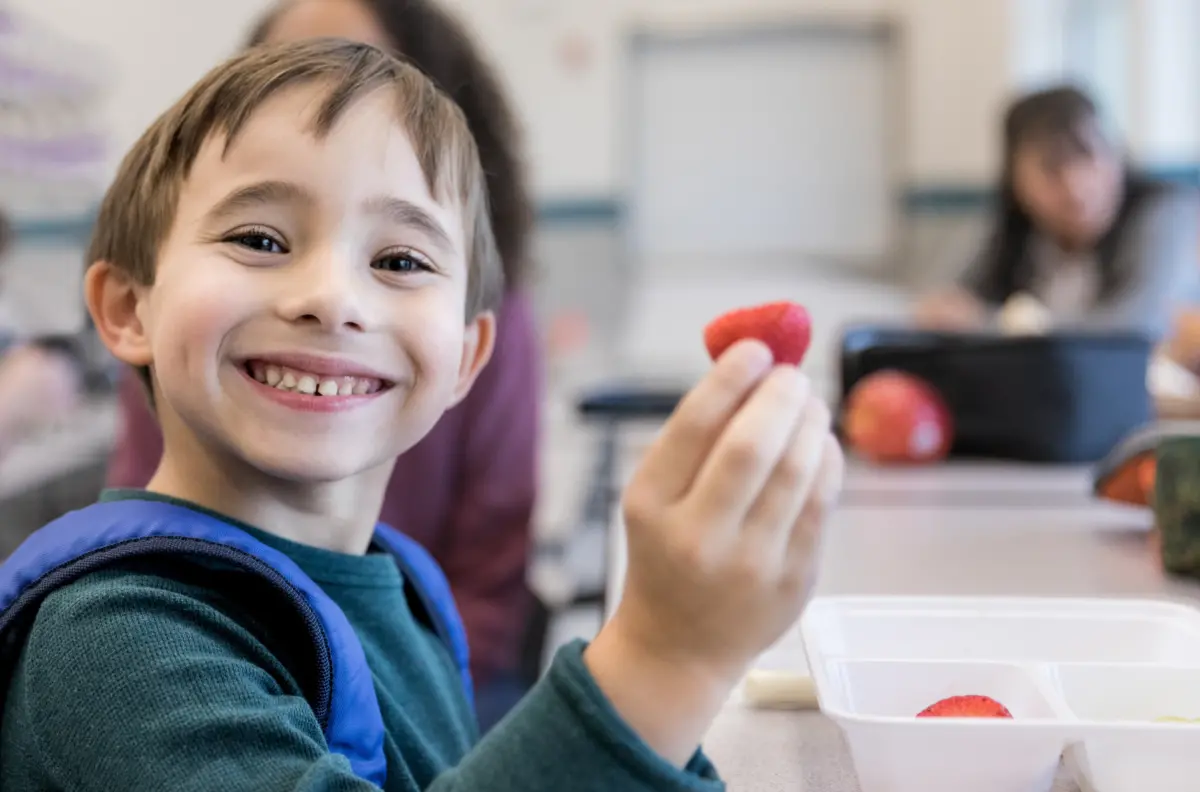Driving Change in Arizona
Recently, nonprofit Pinnacle Prevention secured state funding to expand the Double Up Food Bucks into Arizona. This program doubles the value of SNAP benefits when they are used to buy Arizona-grown fruits and vegetables. So, for every dollar someone spends using SNAP benefits at a participating farmer’s market, they will earn a free dollar from Double Up to spend on Arizona-grown produce, up to $20 per day.
Farm Express, which launched in 2014 with the support of Pinnacle Prevention, is one initiative that uses Double Up AZ. This community-run mobile produce market provides access to high-quality, affordable produce for residents with little to no access to healthy food in Arizona’s Phoenix and Tempe regions. Elyse Guidas, Executive Director of Farm Express, emphasized that the organization is “truly rooted in the community – from our customers to our employees.”
When asked about the future of Farm Express, Guidas reflected, “Our goal is to continue to grow our emphasis on buying locally sourced food, while growing our operation to ensure that cost is no longer a barrier to healthy living.”

